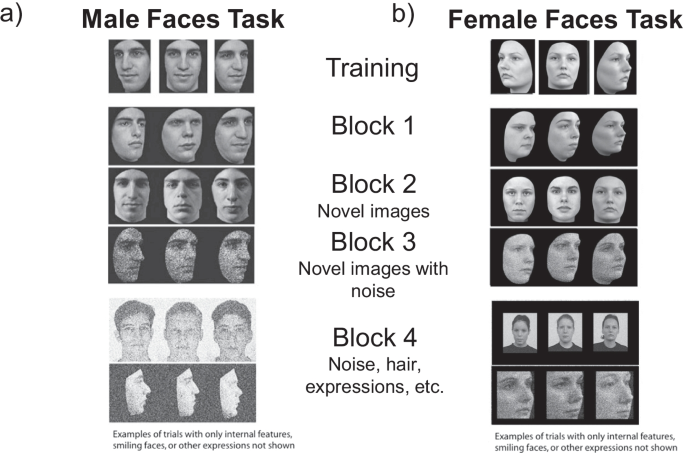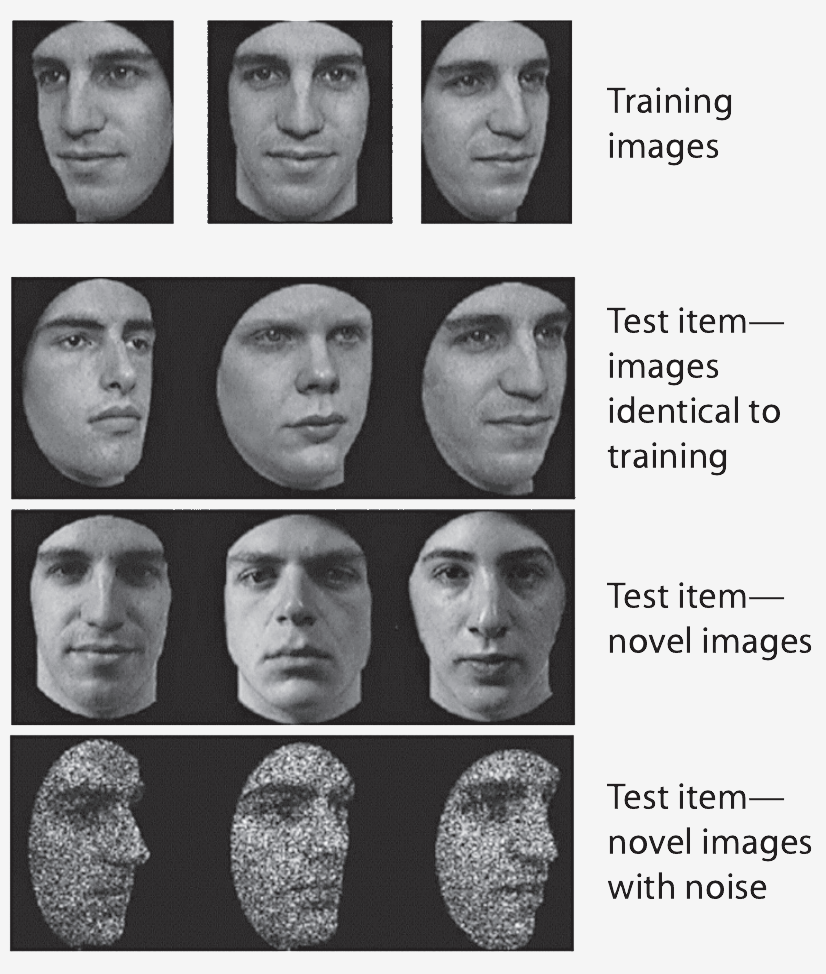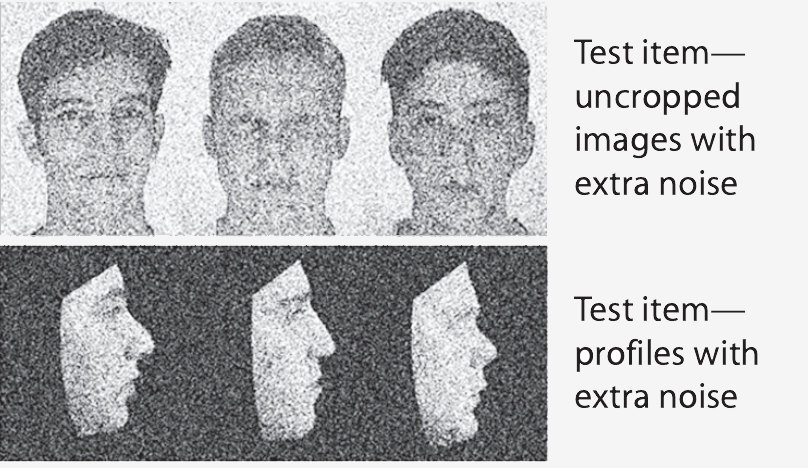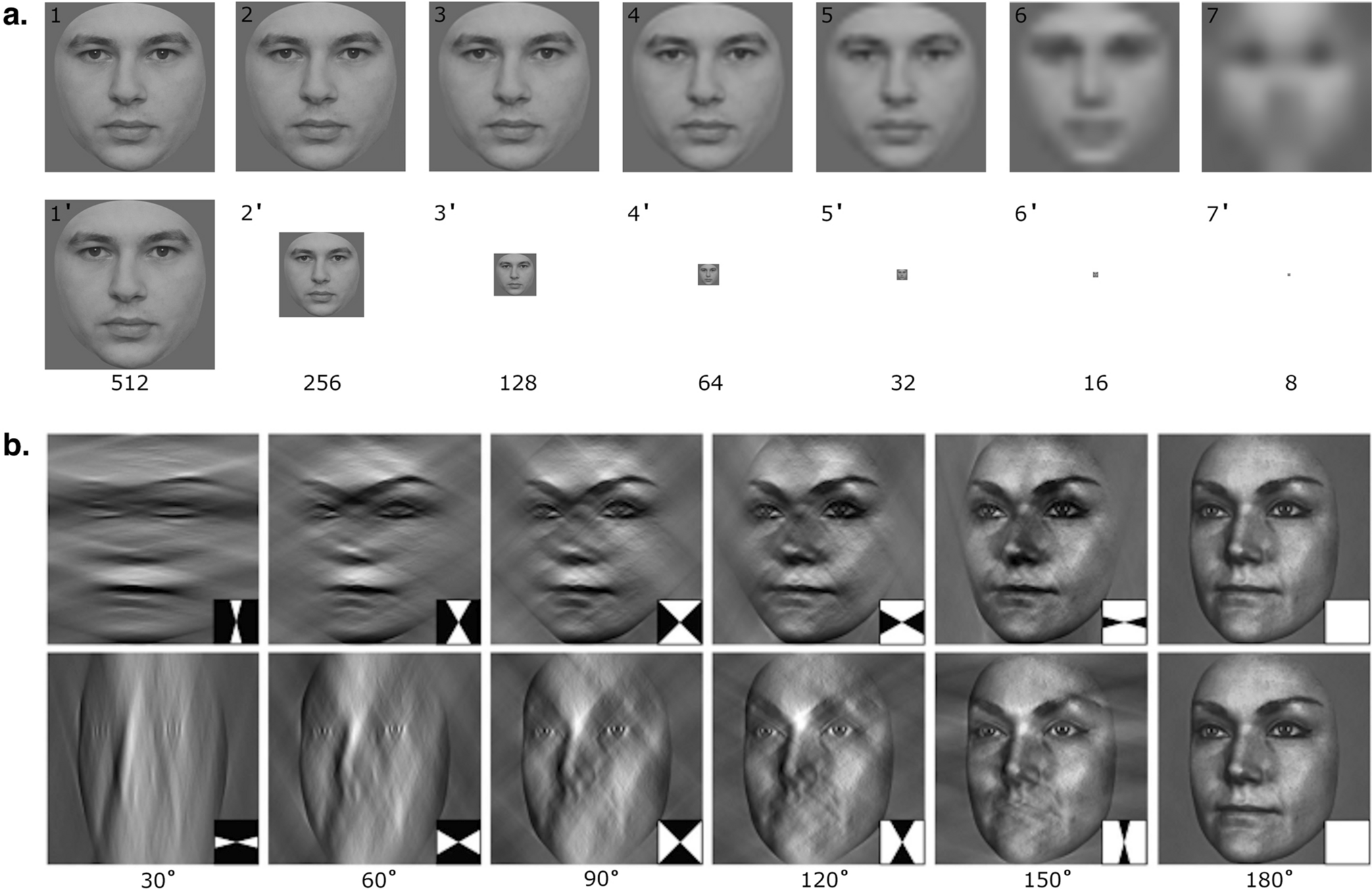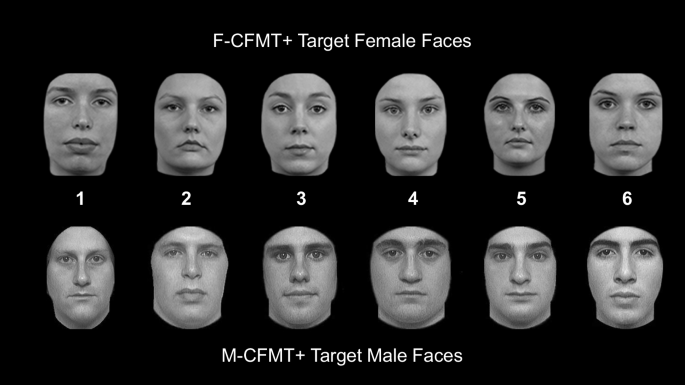
The Cambridge Face Memory Test: Results for neurologically intact individuals and an investigation of its validity using inverted face stimuli and prosopagnosic participants - ScienceDirect
The Cambridge Face Memory Test for Children (CFMT-C): A new tool for measuring face recognition skills in childhood
A Robust Method of Measuring Other-Race and Other-Ethnicity Effects: The Cambridge Face Memory Test Format | PLOS ONE
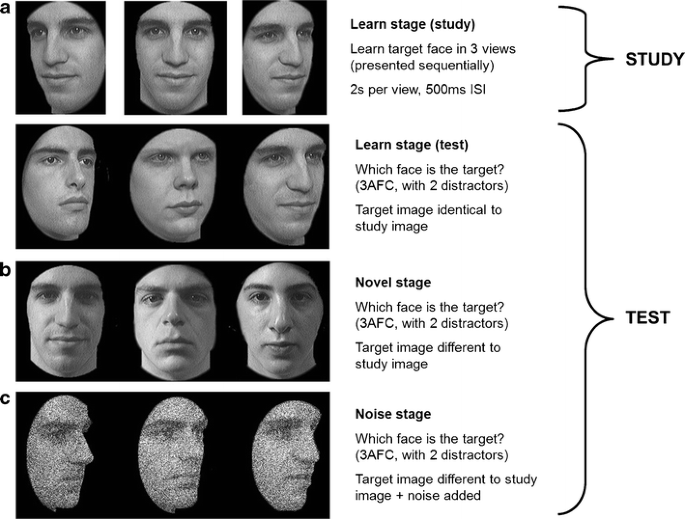
The Cambridge Car Memory Test: A task matched in format to the Cambridge Face Memory Test, with norms, reliability, sex differences, dissociations from face memory, and expertise effects | Behavior Research Methods
The Cambridge Face Memory Test for Children (CFMT-C): A new tool for measuring face recognition skills in childhood

4: Trial example for the Cambridge Face Memory Test. All stimuli for... | Download Scientific Diagram

The Role of Relational Binding in Item Memory: Evidence from Face Recognition in a Case of Developmental Amnesia | Journal of Neuroscience

Full article: Diagnosing prosopagnosia in East Asian individuals: Norms for the Cambridge Face Memory Test–Chinese

The Cambridge Face Memory Test contains three stages. (a) Learn (also... | Download Scientific Diagram
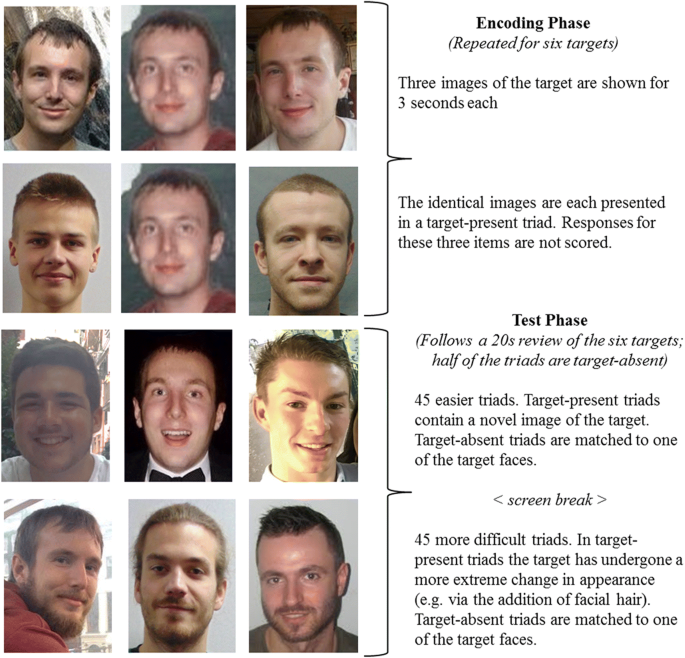
Applied screening tests for the detection of superior face recognition | Cognitive Research: Principles and Implications | Full Text
A new Asian version of the CFMT: The Cambridge Face Memory Test – Chinese Malaysian (CFMT-MY),Behavior Research Methods - X-MOL

Diagnosing developmental prosopagnosia: repeat assessment using the Cambridge Face Memory Test | Royal Society Open Science

Dissociation between face perception and face memory in adults, but not children, with developmental prosopagnosia - ScienceDirect

The Cambridge Face Memory Test: Results for neurologically intact individuals and an investigation of its validity using inverted face stimuli and prosopagnosic participants - ScienceDirect

Measurement of individual differences in face-identity processing abilities in older adults | Cognitive Research: Principles and Implications | Full Text
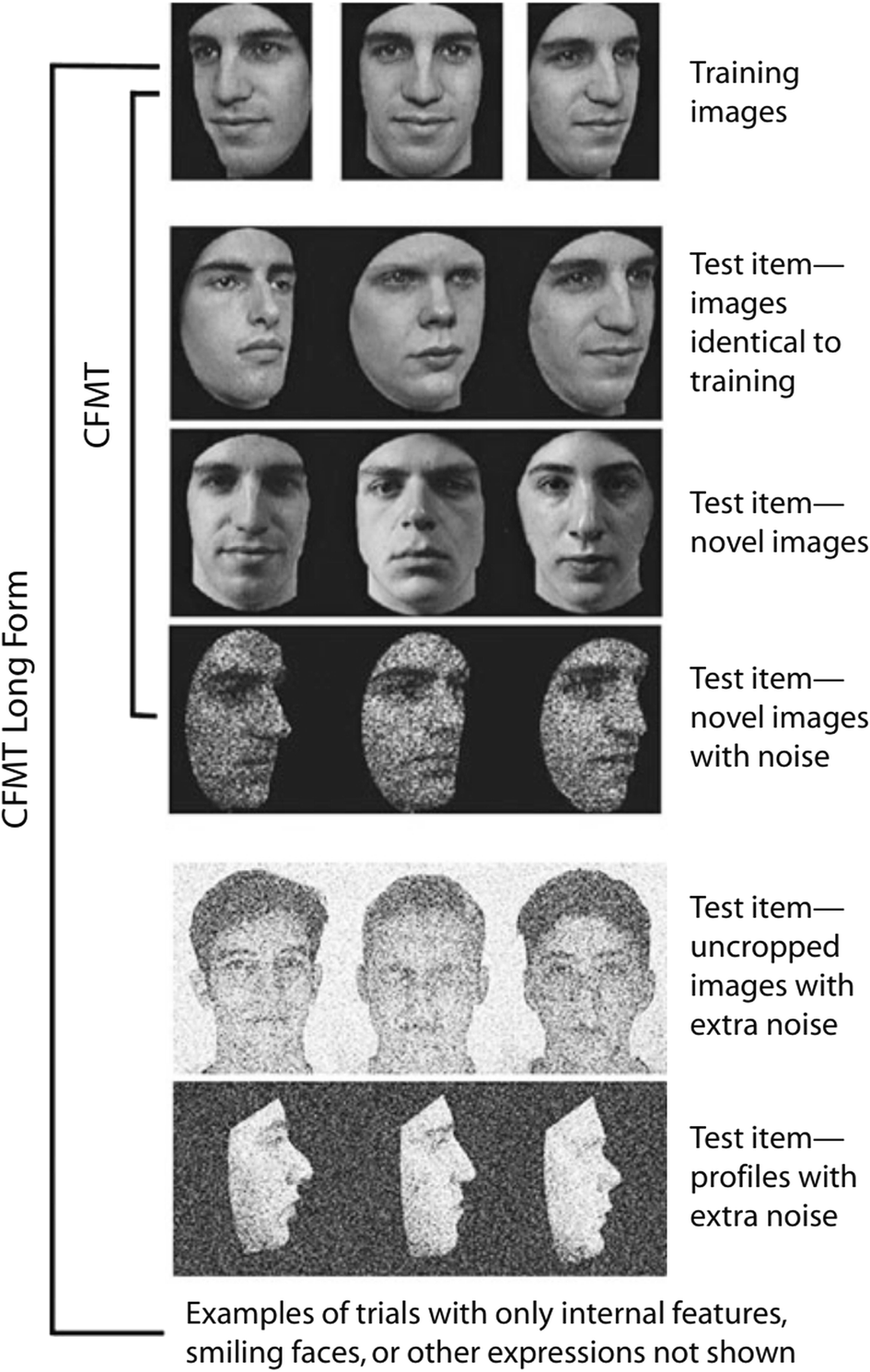
/cdn3.vox-cdn.com/uploads/chorus_asset/file/8299625/Screen_Shot_2017_04_07_at_11.55.13_AM.png)
